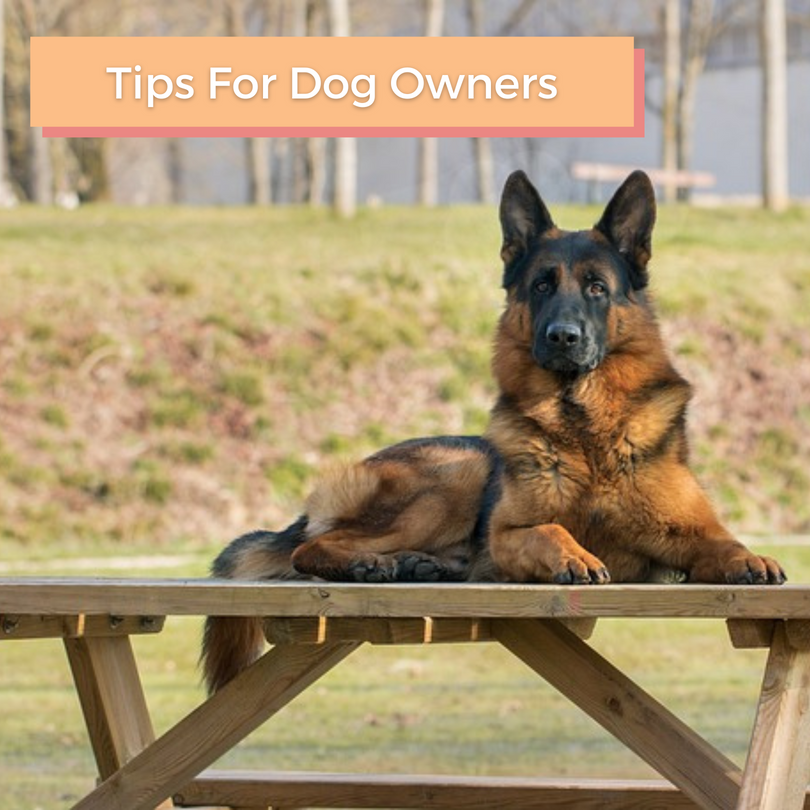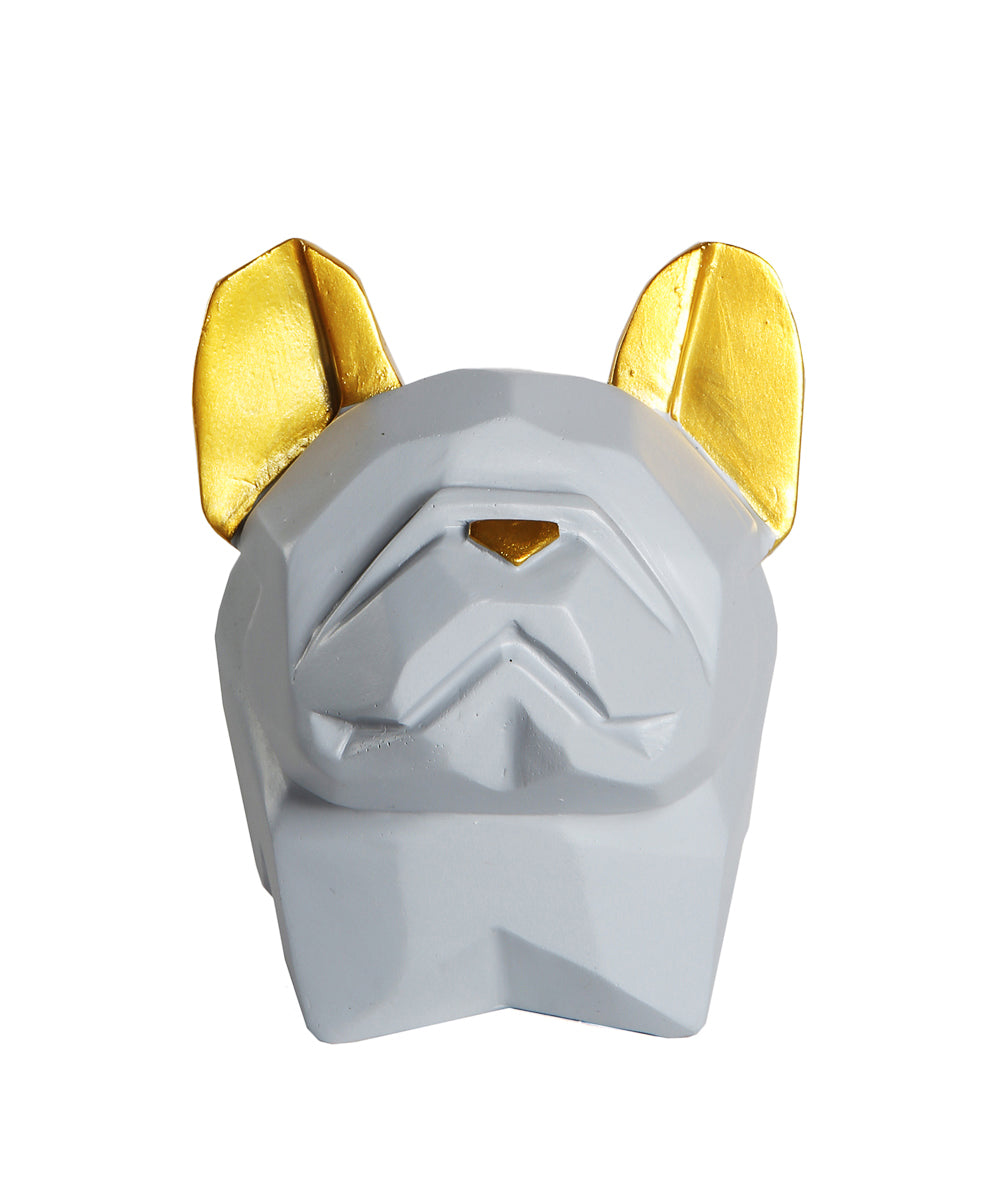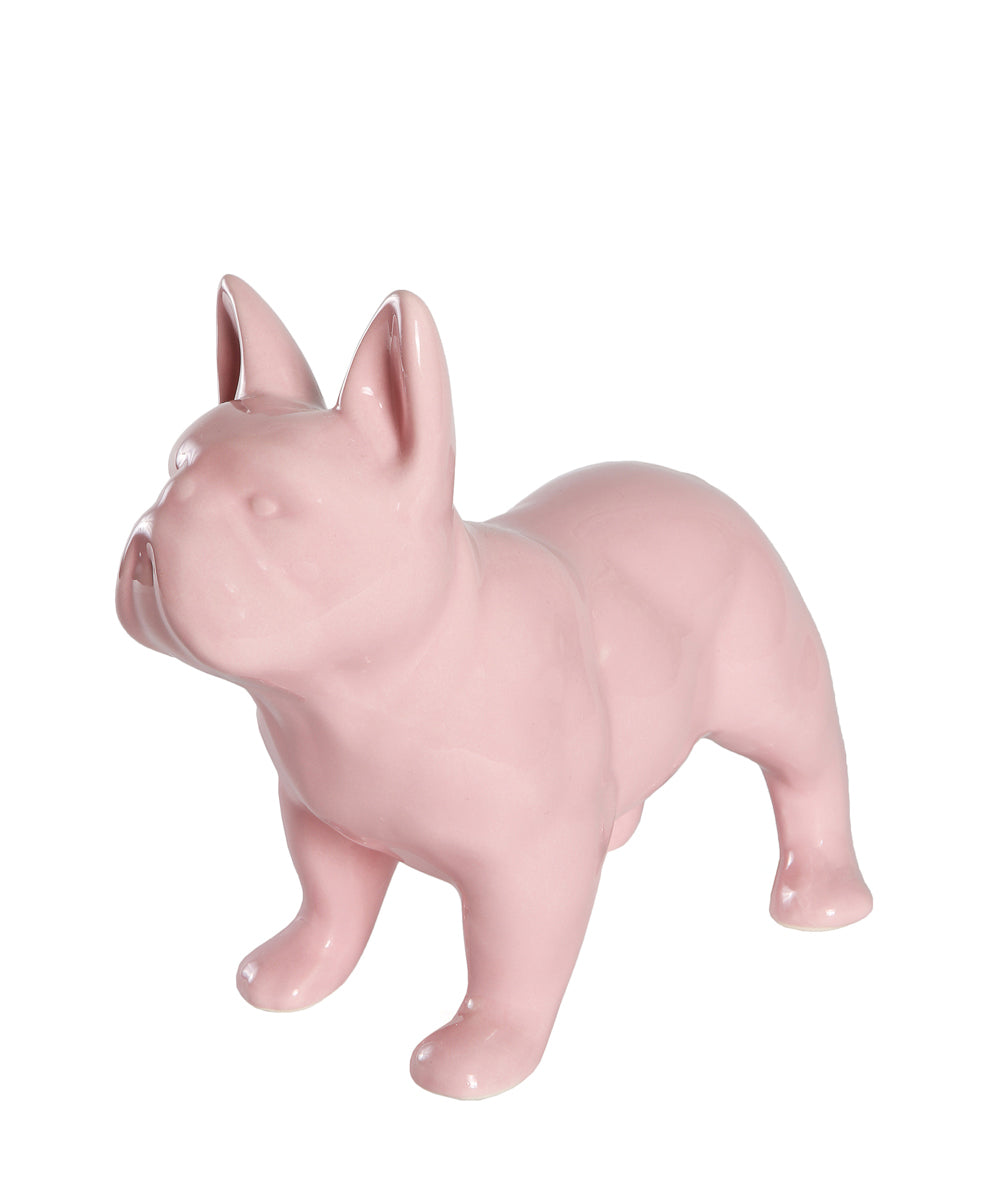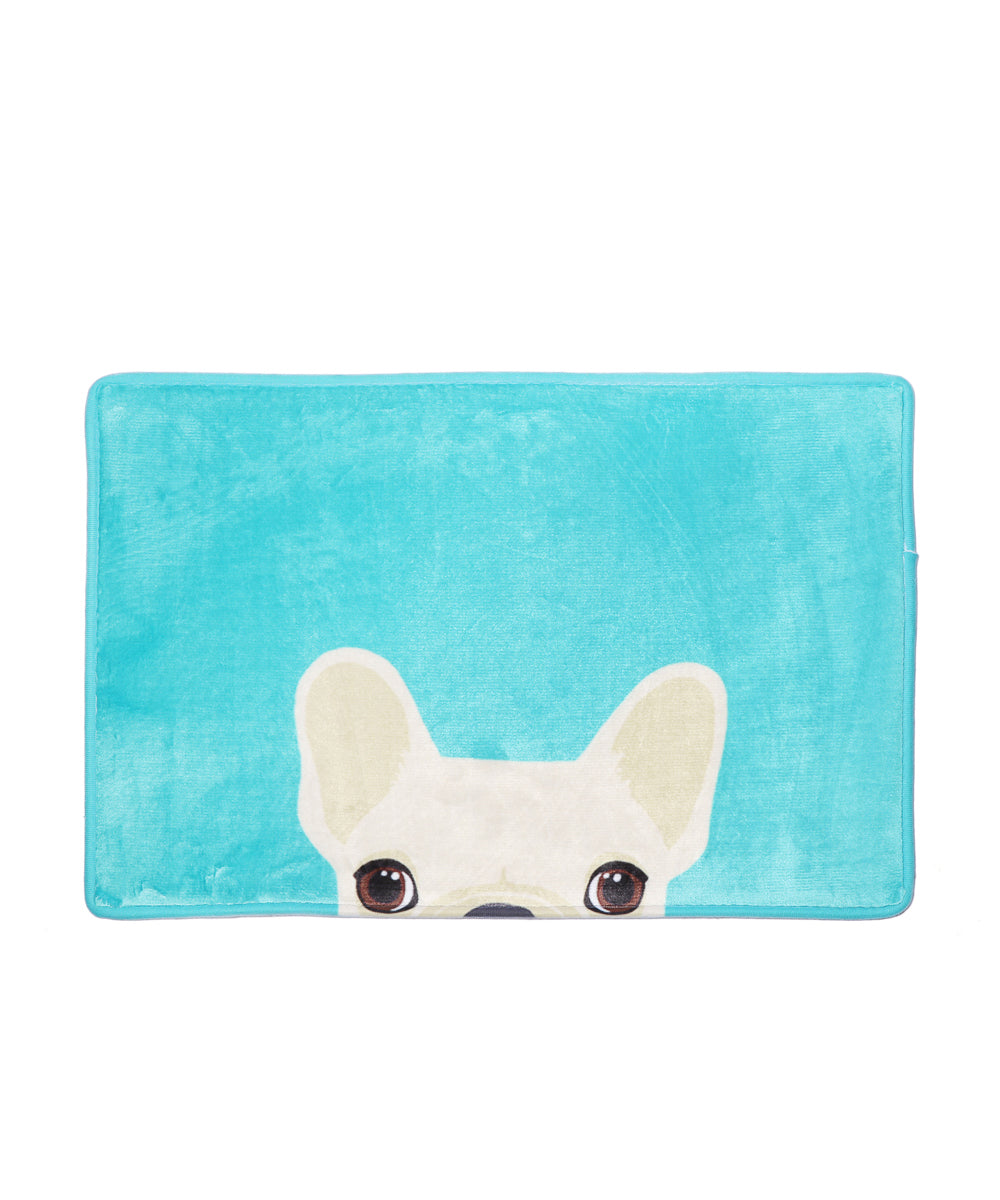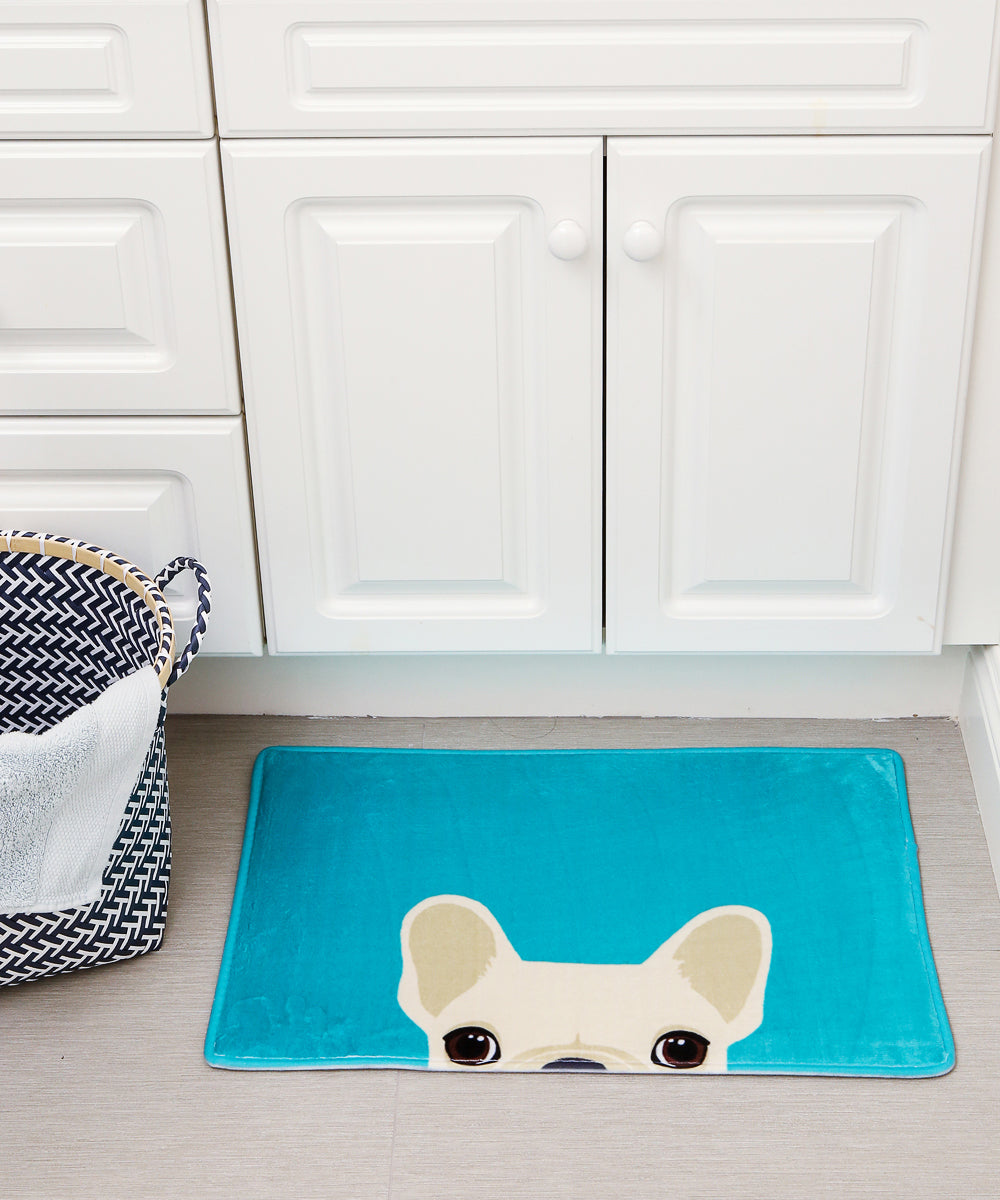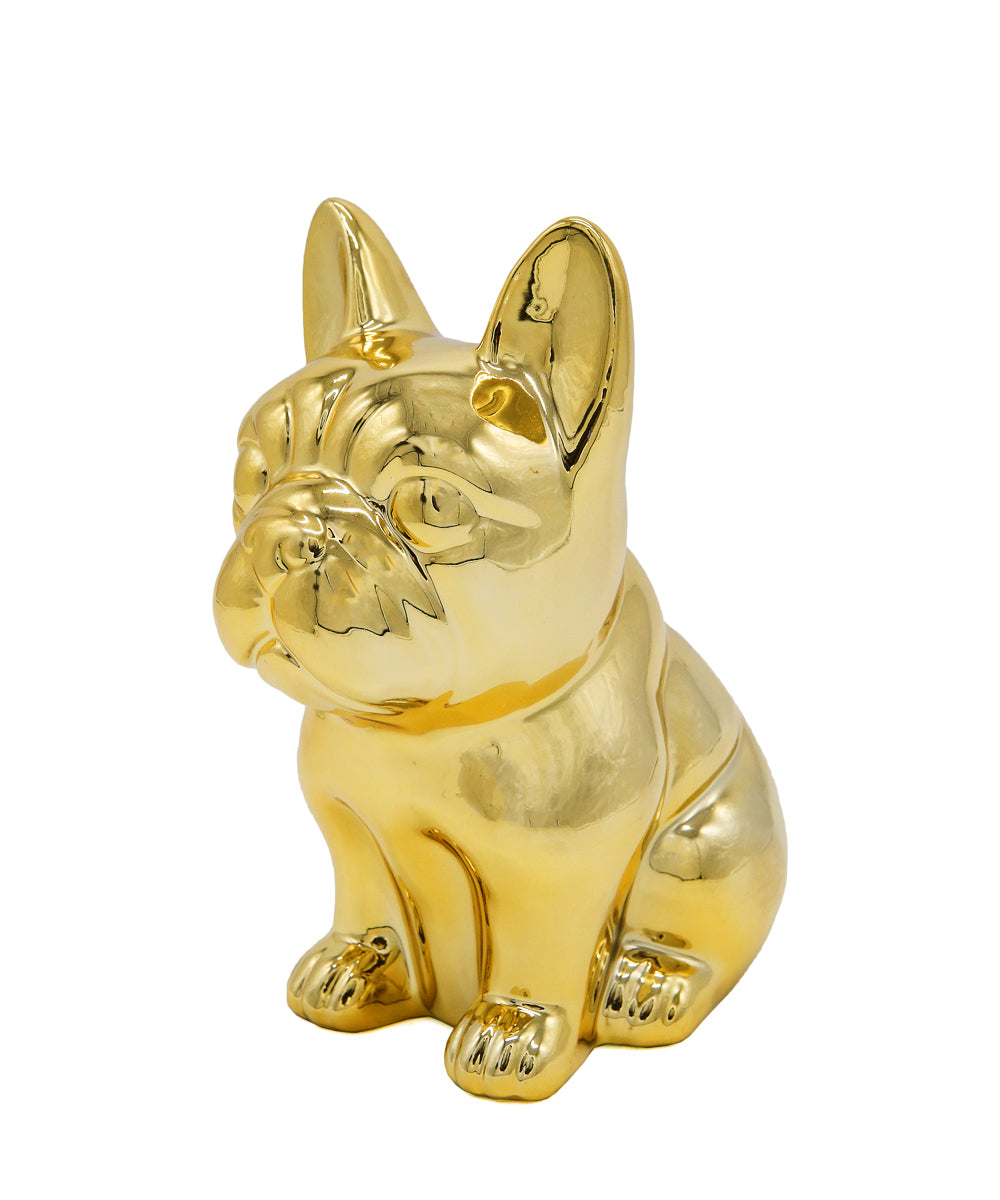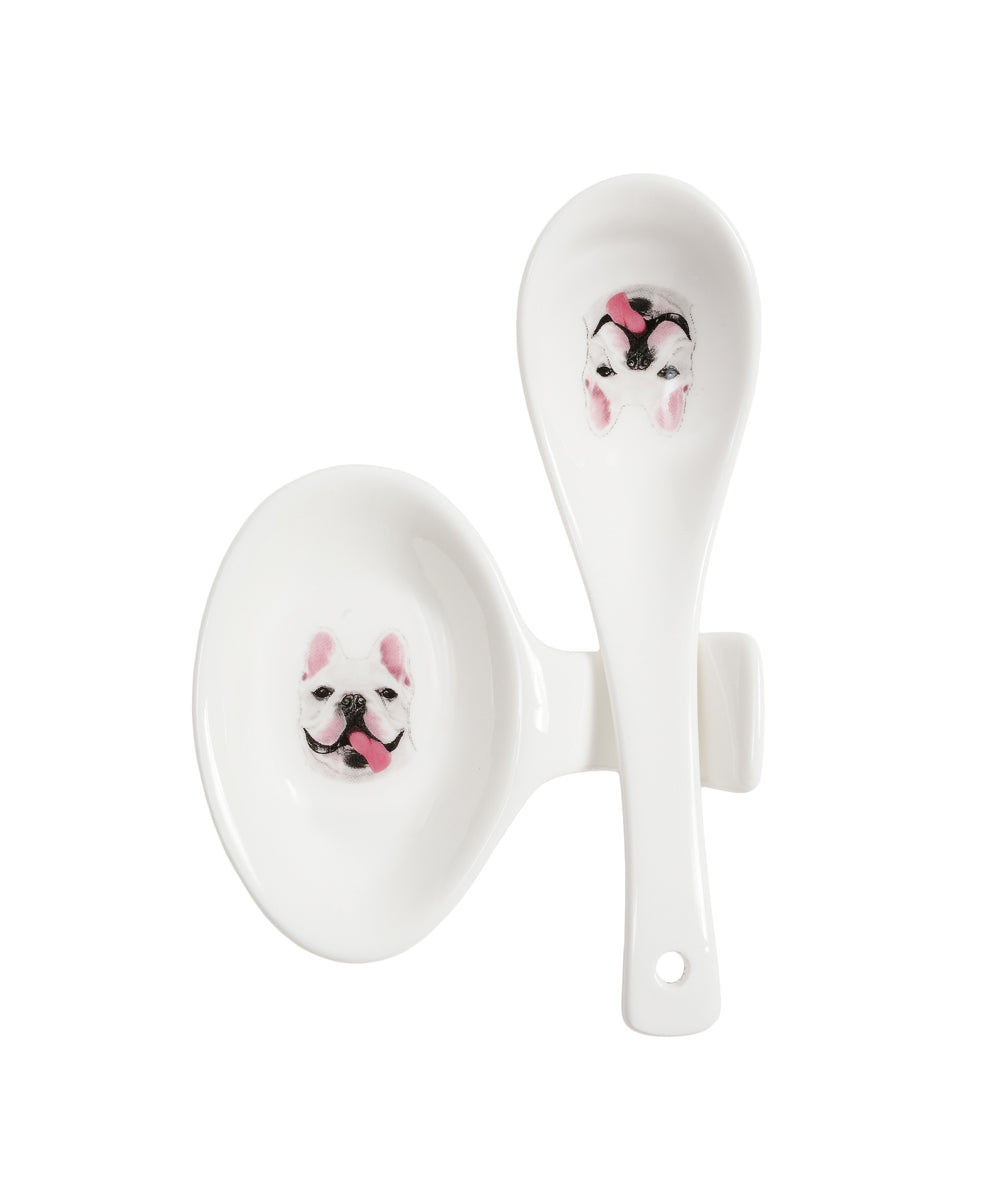The French Bulldog is a popular breed that has been a part of the American Kennel Club (AKC) for over 100 years. They are known for their small stature, wrinkled faces, and bat ears. While they are considered one of the most adorable dogs, French Bulldogs can also be prone to several health issues.
Here are some common French Bulldog sicknesses that every owner needs to know before owning this dog.
-
Brachycephalic Syndrome

Brachycephalic syndrome, also known as brachycephalic airway obstructive syndrome (BAOS), is a group of symptoms common in short-nosed dogs like the French Bulldog.
Common symptoms include:
- Excessive panting
- Labored breathing
- Excessive drooling
Prevention
The best way to prevent brachycephalic syndrome is to ensure your dog doesn't get overheated or overworked.
2. Hip dysplasia
In hip dysplasia, abnormal development occurs in the joint. As they age, dogs with hip dysplasia may show pain and lameness in their hindquarters. Furthermore, they may find it difficult to get up after lying down for long periods, especially if they are overweight.
Prevention
There are two ways you can prevent hip dysplasia:
- Don't buy a puppy whose parents have hip dysplasia
- Keep your French bulldog trim and fit
3. Skin allergies

It's common knowledge that French bulldogs are prone to skin allergies. They may suffer from this condition, especially if exposed to too much sunlight or artificial light. The primary sign of this ailment is usually flaking and scaly skin, manifesting as itchy spots on the dog's body.
Prevention
If your dog has skin allergies, it's essential to ensure he receives regular grooming so that dead skin cells don't irritate his skin. Bathe him at least once per week and brush him daily with a soft-bristled brush while he's dry to remove loose hair and flakes of dandruff from his coat.
4. Hypothyroidism
Hypothyroidism can be inherited from parents or occur because of other factors, such as an infection or injury to the thyroid gland. Dogs with this condition may have:
- Thickened skin (especially on their elbows)
- Weight gain despite eating less food
- Thinning hair on tail, ears, and belly
- Dry, scaly skin with loss of hair on legs and belly
- Pale gums due to anemia (low red blood cell count)
- Constipation
Prevention
You can take several steps to prevent hypothyroidism in your French Bulldog:
- Get your pet tested for it at least once per year.
- Feed them healthy food.
- Keep him on daily medication to help manage the condition.
- Remember that they get plenty of exercise.
5. Wobbler syndrome
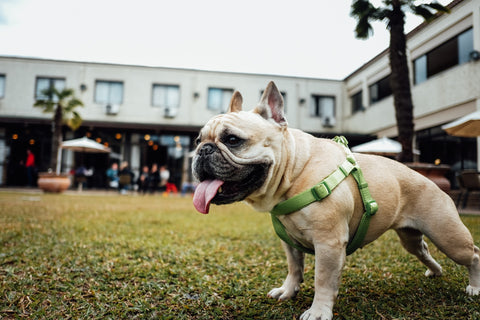
Wobbler syndrome is an inherited disease in which the vertebrae in your dog's neck become misaligned. The nerves that control the hind legs become damaged due to this spinal misalignment, causing weakness in one or both rear legs. This problem usually occurs when dogs are between 1 and 3 years old, but it may also happen later in life.
The symptoms of Wobbler syndrome include:
- Hind leg lameness (often severe)
- Difficulty rising from a sitting position
- Inability to hold up their head or wag their tail
- A head tilt or tilt of the neck towards one side or another
Prevention
Currently, there is no established preventive approach for Wobbler syndrome from developing in French Bulldogs. Dogs can live a full life with their condition if they are closely monitored by their vet and receive regular checkups every six months.
Conclusion
The common french bulldog ailments and conditions above are avoidable if owners know what to look out for. Should you have additional concerns or queries about french bulldogs and their health, feel free to leave a comment or contact a nearby vet for more information.








